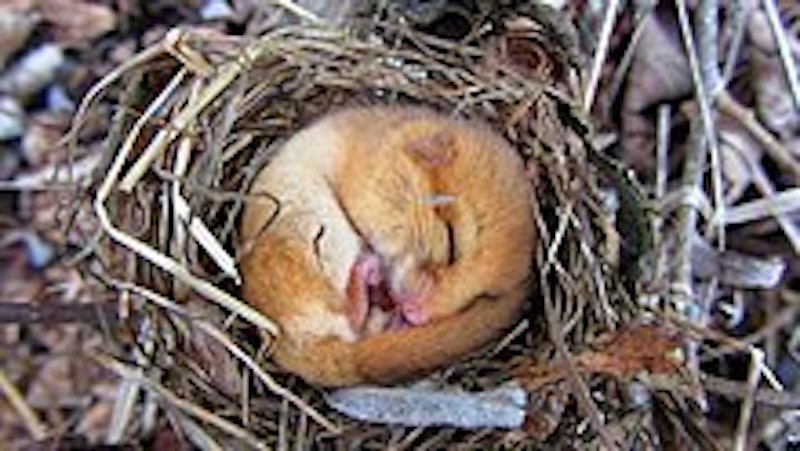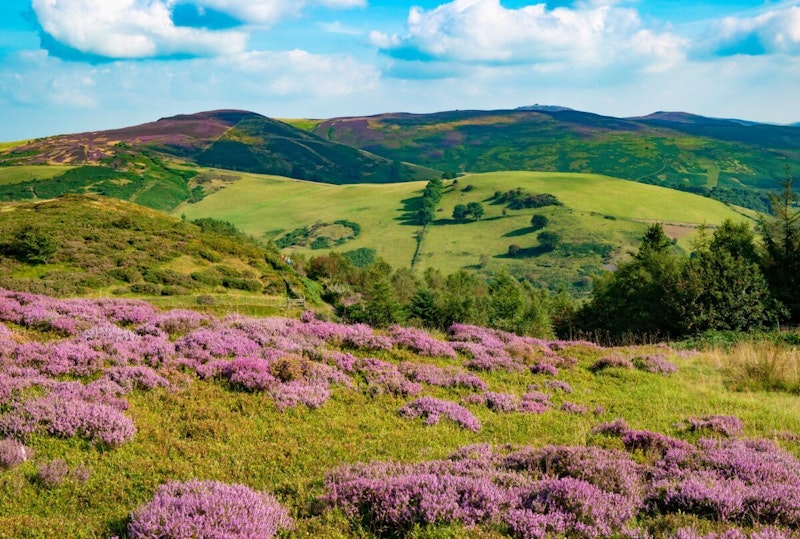In the News
Hopeful Geographies in 2024

2nd January 2024
Happy New Year to you and all your students. And in the Geography Department, in 2024, I think us teachers ought to mean it. In an excellent opening lecture at last year’s GA conference Jenny Pickerill spoke about Hopeful environmentalisms and changes made to Sheffield’s undergraduate Geography courses to take account of students' (intrinsic) need for hope. Perhaps, in 2024 this approach might make it into schools also?
In Pickerill’s 2023 lecture she discussed the fact that hope need not be naive but is intentional: ‘Hope requires the hoper to be involved in what they hope will happen’.
And ‘Collectively imagining hope means it feels more possible’.
This presents a challenge for Geography teachers everywhere. However a (more) hopeful geography should not ignore the hopelessness of the Global South, as to do this Pickerell noted would be to ignore the plight of those most affected by climate change. Highlighting the action of, for example, Greta Thunberg, she suggested that hopelessness was often a path to radical action. Of course, Thunberg and the many other young activists she has inspired in the Fridays for Future movement rejected the idea of working within the current system by walking out of school once a week.
But back to being in school…and here’s my first idea for a hopeful start to 2024. At the start of January your students may be returning to school bleary eyed feeling a bit like a rodent disturbed from their winter hibernation, say, a dormouse.

BBC Radio 4’s Open Country episode entitled Seeking asylum in nature is a 24-minute listen all about action to support asylum seekers in the UK. It introduces an initiative to connect those far from home, (often waiting years in this country for a decision about their claim for asylum) with nature. Of course, asylum seekers are prevented from working in the UK. The Action Asylum project helps them to volunteer on wildlife conservation projects, alongside local volunteers. The idea is to connect people to people; and people to nature. Could you introduce your students to this hopeful project using the linked worksheet download below?
Within the BBC programme there are really interesting first hand accounts from asylum seekers who today live in Merseyside but are originally from Iraq, Iran, Togo and Nambia, giving them the chance to explain why they fled, the struggles they face now in the UK (such as feelings of uselessness, loneliness) and the value they gain from volunteering outside, planting trees.
‘To be in nature … it’s really good for my mental health. I am thinking that I am part of the country I am in and I am trying to build wildlife and make a contribution for the next generation.
‘Here in Wales I feel like I am in a paradise, it is really beautiful and as you see there … landscape, it is amazing.’

And there have been other benefits as the Wildlife Trusts (a national federation of conservation charities) has learnt much about the barriers to nature for those living on meagre government support, including the cost of transport. Further, local people in North Wales have learnt much about the lived experience of asylum seekers, a people so often maligned in the media.
The project featured is in Denbighshire in North Wales, where the restoration of hedgerows is seen as a priority both to provide wildlife corridors and shelter for native animals such as the hazel dormouse, and reduce flooding. Originally got off the ground with EU funding, the project hasn’t been without its challenges which have included several years of drought and the loss of many trees. But with the UK’s commitment to the catchily named ‘30x30’ target at the UN Biodiversity Conference in 2022, the challenge to conserve 30% of nature on land and sea by 2030 is still fresh in conservationists’ minds and drives them on - a global challenge with local solutions bring a whole range of hopeful benefits in the process.
If you’re looking for links to the A-level specification, students of AQA A-level studying Global governance, Changing places and the Ecosystems under stress (option) will all benefit from hearing this story of hope. Grab the free In the News worksheet (with suggested answers) below!
Download this free teaching resource from tutor2u:
You might also like
Norwegian government using unusual methods to deter migrants
15th November 2015

Cyclone Winston and the issues facing Fiji one week on
29th February 2016

Changing Places at the Railway Station
26th August 2017
Plastic waste to be tackled by the UK
19th December 2017

University Guide 2019: Rankings for Geography
29th May 2018
Dealing with UK plastic
3rd January 2019

Arctic wildfires
27th July 2019